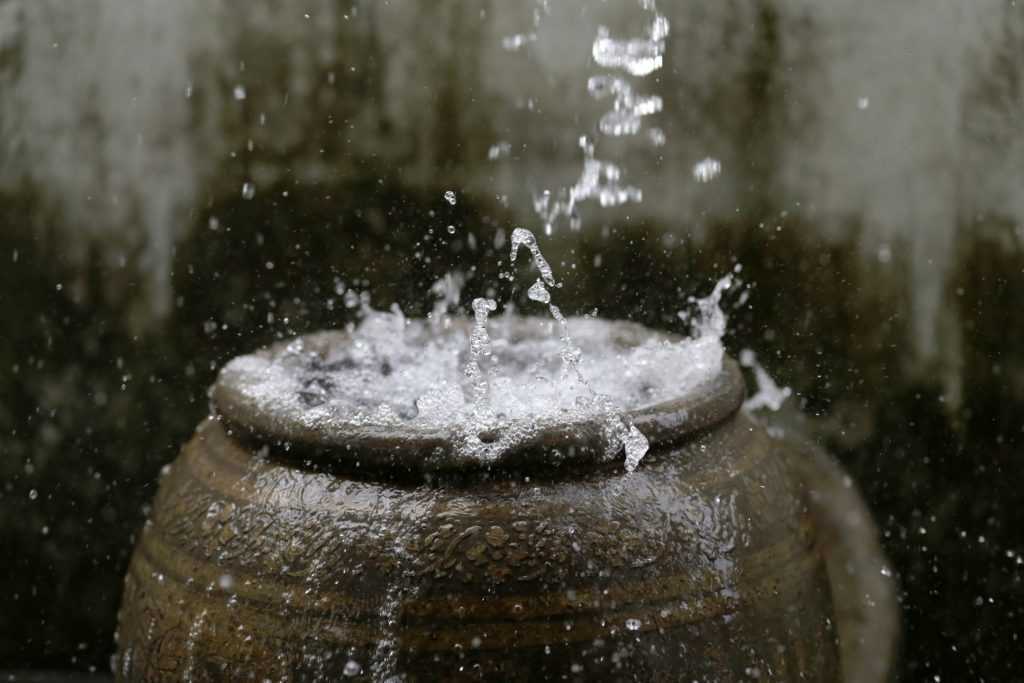 Rainwater harvesting has been a long-established practice. The Ancient Romans designed their houses with roofing systems that double as a catchment for rainwater. They store the water for regular household use.
Rainwater harvesting has been a long-established practice. The Ancient Romans designed their houses with roofing systems that double as a catchment for rainwater. They store the water for regular household use.
With the emergence of modern cities around the world, rainwater harvesting became less popular. Central pressurised water systems were, instead, introduced to homes, and people got accustomed to taps as water sources. Water experts, however, suggest re-introducing large water storage tanks to harvest rainwater and bring them to depressed areas, to help solve the water crisis in many communities.
Communities Still Lack Water Access
Various factors have led to a dearth of potable water, including climate change. The steady growth in population, moreover, resulted in an increase in the acquisition and development of land, which in turn led to the depletion of water sources. The acceleration of property development also led to deforestation that compounded water deficiency, which caused regional rain to become unpredictable.
According to the Centres for Disease Control and Prevention, 780 million people lack water access, while 2.5 billion people do not have access to improved sanitation.
Rainwater Harvesting, a Realistic Option
With a steadily growing population and fluctuating flood and drought patterns, the problem of water supply continues to be a problem on a national and global level. In the search to bring forth new ways to bring clean water to communities, authorities are beginning to reconsider rain harvesting.
The process of rain harvesting involves accumulating rainwater and then filtering and storing it for various residential and industrial purposes. In residential areas, individuals trap rainwater from roofs and direct it into underground cisterns or storage tanks. Harvested rainwater can satisfy up to 50% of the water needs of an average family. If rainwater harvesting can do this much for a single family, imagine how much it can do for the entire community, if every household resorted to this system.

